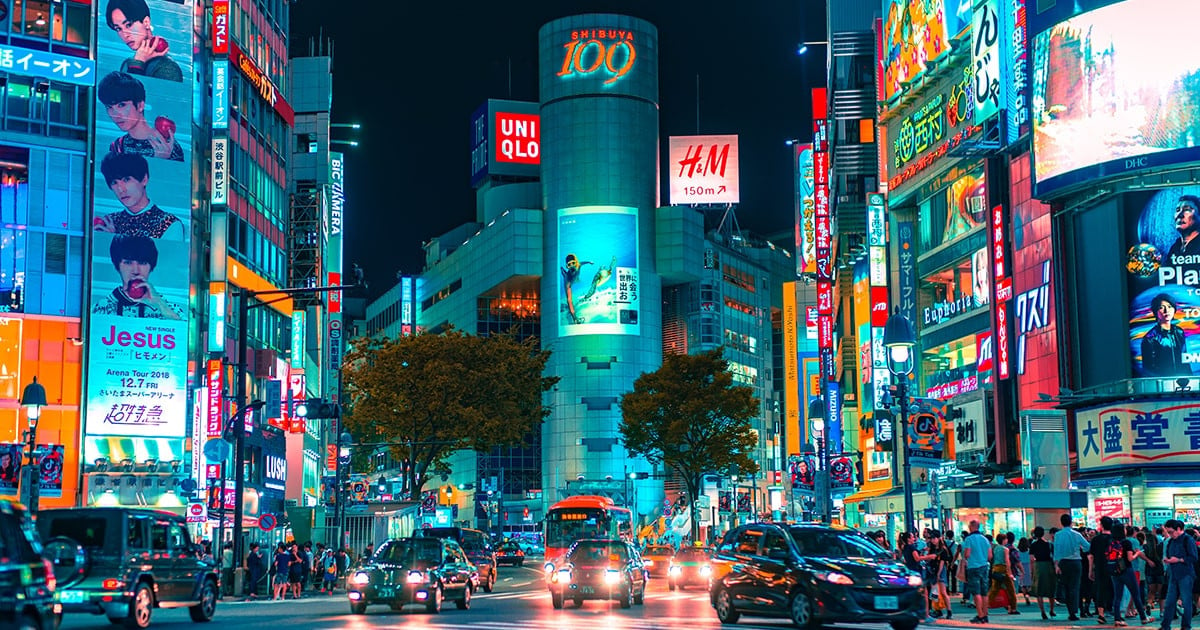
Japanese companies are ramping up policies and protections against a rise in rude and abusive customer behaviour, with Narita International Airport becoming the first in the country to adopt a strict zero-tolerance policy.
The new rule, which includes measures against verbal abuse, threats, and discrimination, reflects growing concerns in Japan’s service sector, where staff face more frequent confrontations from frustrated customers.
Other businesses and even local governments are taking action.
Last month, the Tokyo Metropolitan Government passed an ordinance aimed at safeguarding service industry workers from rising levels of abuse and harassment.
A survey by the UA Zensen Union showed that nearly 47% of service workers in Japan had experienced some form of harassment from customers over the past two years, with some requiring counselling to cope.
A new airport employee described how common these incidents are becoming, citing a recent case where a passenger reacted aggressively over excess baggage fees.
“He was banging on the counter and yelling, refusing to pay,” she said.
Airlines like All Nippon Airways and Japan Airlines have also announced new guidelines that explicitly ban abusive language, threats, and unreasonable demands on their staff.
Other companies are turning to technology to help their workers handle customer outbursts. Telecommunications giant Softbank, for instance, has created an AI-powered tool to alter the voices of angry callers, making them sound calm on the line.
Many convenience stores have introduced staff training and signs warning that misbehaviour will not be tolerated.
While Japan is known for high standards of customer service, Roy Larke, a retail expert, explains that those standards also set high expectations for customer decorum. “This breakdown of norms can be shocking, as both staff and customers expect polite interactions,” he said.
Morinosuke Kawaguchi, a technology analyst, suggests that the increase in recorded incidents on social media makes the trend appear more widespread than it may be, though some companies say aggression is clearly growing.
-(1)1717678110-0/Kendrick-(1)-(1)1717678110-0-405x300.webp)

















COMMENTS
Comments are moderated and generally will be posted if they are on-topic and not abusive.
For more information, please see our Comments FAQ